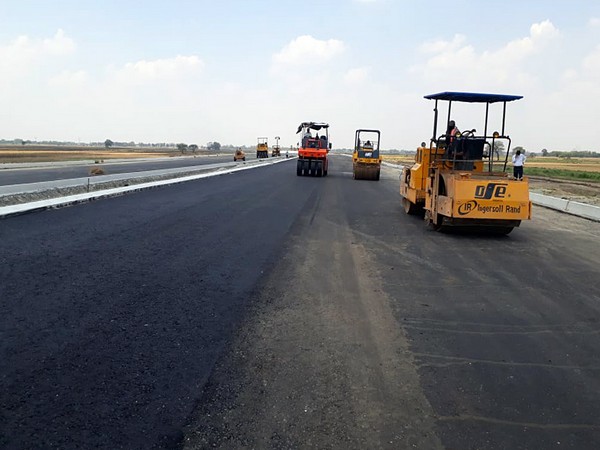World Bank approves US$150m for Morocco’s Urban Transport Program
The program works to strengthen the country’s capacity to offer quality service in public transport. It also supports local infrastructure for transport and investments.

- Country:
- Morocco
The World Bank Board of Executive Directors has today approved US$150 million in additional financing for Morocco’s Urban Transport Program, which started in 2015. The program works to strengthen the country’s capacity to offer quality service in public transport. It also supports local infrastructure for transport and investments.
The main purpose of the additional financing is to adapt the program to address new priorities of mobility — including those related to the impact of COVID-19 — and to scale it up. The program’s focus will be on getting a dedicated, central structure working to oversee the public transport sector, and on prioritizing local investments to boost the sector’s performance.
“The COVID pandemic has highlighted that investing in safe, affordable and efficient public transport is more important today than ever to foster economic and social inclusion and to help mitigate climate change,” said Jesko Hentschel, World Bank Maghreb Country Director. “With this additional financing, we aim to support the Moroccan authorities in maintaining their momentum for reform and to develop enough, affordable transport for the country’s urban population. The demand for urban mobility and reliable public transport is increasing in Morocco.”
The program has already delivered tangible results, notably through the Urban Transport Fund’s role in financing investment priorities, and by improving the planning, performance, and inter-municipal coordination of urban transport. The investments supported by the Program have already benefitted 40,000 daily users of urban transports in terms of improved level of service. By program completion, the objective is to increase the total number of beneficiaries to 130,000 urban inhabitants per day.
The new tranche of funding will streamline governance by improving mechanisms for oversight. Greater focus will be given to advising local urban transport authorities in prioritizing sustainable services to meet local demand. Transport corridors, most in the form of Bus Rapid Transit, will be developed to improve citizen access to economic opportunities and social services.
“The program aims to instil a new dynamic by mainstreaming standards of efficiency across urban transport institutions to increase the sector’s performance — this will include targeted investment. The anticipated results will be to strengthen national and local capacity to plan, implement, and monitor urban transport, and to improve its level of service,” said Nabil Samir, Transport Special and Task Team Leader.
The program is being implemented by the Ministry of Interior and, at the local level, by municipalities. With its closing date extended to June 2024, it builds on the government’s National Strategy for Urban Mobility, which was prepared with the support of the World Bank. Alongside lending, the World Bank has mobilized technical assistance to advise on key policies to improve the sector’s governance and develop affordable transport in Morocco’s main cities.
ALSO READ
Unlocking Climate Finance: The World Bank’s Blueprint for Carbon Market Resilience
World Bank Report Urges Armenia to Prioritize Climate Action for Energy Security
Sharjah Honors Morocco at Prestigious Book Fair Celebration
Climate Change Summit: A Call for Action
Africa’s Voice on Global Stage Must Be Respected, Says Morocco at Russia-Africa Forum









